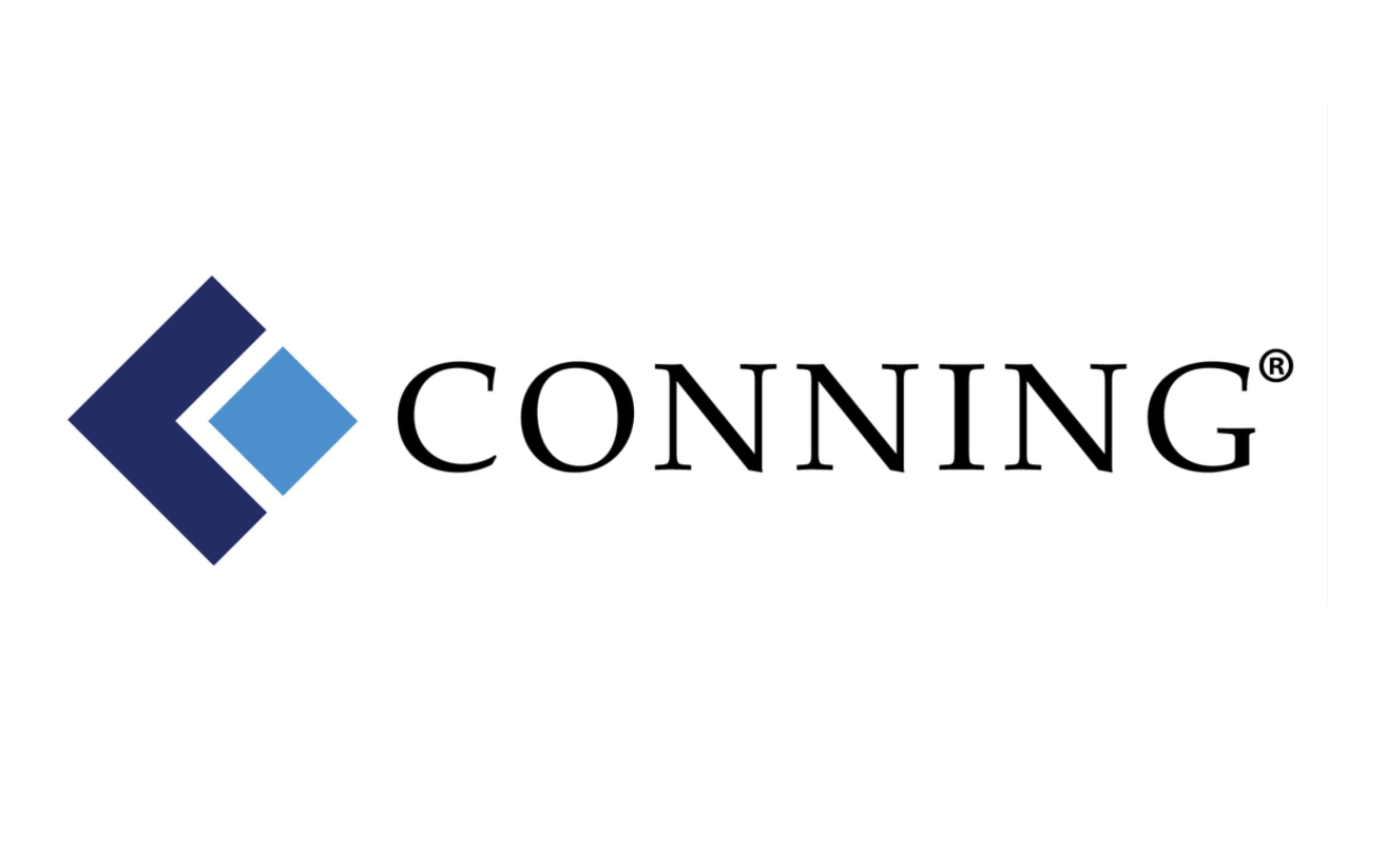- Insurance 150
- Posts
- Sixth Street's $13B Deal, Smartphone Coverage Booms,and Top Regulatory Impacts
Sixth Street's $13B Deal, Smartphone Coverage Booms,and Top Regulatory Impacts
This week we dive into the $73B and fast growing space of Mobile Phone Insurance.
Happy new year and first Thursday of 2025, !
We’re excited to be back in 2025 and publishing insights and trends in the Insurance and FIG space you can’t miss every week!
This week we dive into the $73B and fast growing space of Mobile Phone Insurance.
Private firms and insurers are partnering, as shown by Sixth Street managing $13B for Northwestern Mutual, blending stable returns with long-term capital access.
B2B Insurtech is transforming insurance with AI-driven solutions. Investors prioritize scalable technologies modernizing workflows and driving digital transformation.
PwC warns Americas' insurance execs: AML compliance, tech-driven regulation, crypto, and Open Banking will dominate the next five years, making compliance more critical than ever.
— Insurance 150 Team
In this Issue:
📚 Data Dive
Mobile Coverage—Bigger Than Ever
Smartphones are more than communication tools—they’re evolving into insured assets. With repair costs for flagship models surging past $800, the insurance market has become a no-brainer, growing at nearly 13% CAGR to hit $73 billion by 2030. High theft rates in markets like Brazil and rising mobile penetration in India are turning up the heat.
Meanwhile, digital insurers are turning the sector upside down with app-based policies, while bundling strategies at the point of sale are sealing the deal. Mobile insurance is no longer optional; it’s becoming part of the smartphone purchase playbook.
Want to learn more?
Premium Perks
Since you are an Executive Subscriber, you get access to all the full length reports our research team makes every week. Interested in learning all the hard data behind the article? If so, this report is just for you.
|
Want to check the other reports? Access the Report Repository here.
📈 Trend of the week
Regulatory Whirlwinds Ahead for Insurers
Insurance executives in the Americas, take note: PwC highlights the regulatory areas poised to reshape your world over the next five years. Topping the list is Anti-Money Laundering (AML), cited by a whopping 66% of respondents as the most impactful area for compliance—because who doesn’t love a good paperwork marathon?
Meanwhile, 38% expect new technologies to trigger significant regulatory scrutiny. Whether it’s AI underwriting or blockchain claims processing, innovation always seems to come with fine print. The rise of e-money and cryptocurrencies (31%) isn’t far behind, adding complexity to the insurance tech stack.
Finally, enhanced accountability frameworks and Open Banking, tied at 29%, are ready to demand C-suite attention. Insurers should prepare now—or risk getting caught flat-footed by regulators and competitors alike. The bottom line? Compliance isn’t getting easier, but it’s getting more crucial than ever.
Wall Street Can’t Hold a Note Like This
Streaming platforms pay billions in royalties.
JKBX (pronounced “Jukebox”) opens the door to invest in royalty shares of iconic songs, earning quarterly distributions tied to their performance.
This isn’t about fanfare—it’s about diversification. Music royalties offer a potential income stream tied to one thing people never stop doing: pressing play.
Visit www.jkbx.com/legal/offering-circulars for important Reg A disclosures. This content is not investment advice, nor is it an offer of securities. All investments involve risk and may result in loss.
📊 Market Movers
🛡️ Insurtech Corner
B2B Saas model boom in Insurtech
The B2B SaaS Insurtech sector is undergoing a remarkable transformation, as evident from its evolving share in venture capital (VC) funding. The graph highlights a consistent increase in VC funding for B2B SaaS-focused Insurtech startups, jumping from 19% in 2016 to a notable 43% in 2024. This shift signifies a growing recognition of the vital role these companies play in modernizing insurance workflows. These startups specialize in advanced solutions like pricing, underwriting, risk management, and reinsurance technologies. Many are leveraging artificial intelligence (AI) to enhance operational efficiency and create predictive, data-driven insights, making their offerings indispensable to insurers striving for innovation.
Notably, the steady decline in the "rest" category of Insurtech funding suggests that investors are increasingly prioritizing scalable, tech-forward solutions offered by B2B SaaS players. This trend underlines the sector's appeal as a cornerstone for the insurance industry's digital transformation. By embedding AI into their products, these startups are not only optimizing traditional insurance functions but also paving the way for smarter, more agile business models. As insurers continue to adopt these tools, the B2B SaaS Insurtech space is set to drive substantial shifts in the global insurance landscape.
🤝 Deal of the Week
Sixth Street Strikes Deal to Manage $13 Billion of Insurer’s Assets
Private investment firms are increasingly partnering with insurance companies to tap into their vast reserves of capital, and the latest collaboration between Sixth Street and Northwestern Mutual exemplifies this trend. Announced Tuesday, the partnership grants Sixth Street management of $13 billion in assets from Northwestern Mutual, enabling the San Francisco-based firm to deploy the capital across diverse strategies. These include asset-based finance, opportunistic investments in real estate, and infrastructure debt and equity. The deal also involves Northwestern Mutual acquiring a minority stake in Sixth Street, aligning the partnership with the broader movement of private credit firms seeking access to insurers' balance sheets for stable asset management fees and long-term growth opportunities.
For insurance companies, private credit investments are equally compelling, offering consistent cash flows that help meet their long-term obligations to policyholders. This dynamic has led to a surge in partnerships between insurers and private credit managers. In fact, according to PitchBook's H1 2024 Global Private Debt Report, 40% of capital raised by the top seven U.S.-listed alternative asset managers in 2023 came from insurers for credit offerings. Similar collaborations, such as the partnership between Golub Capital and Nassau Financial Group, illustrate the growing prevalence of these arrangements. Through these deals, insurers gain access to lucrative private credit strategies, while firms like Sixth Street and Golub secure a steady flow of capital and strategic equity investments, underscoring the symbiotic nature of these relationships.
🌎 Macroeconomics Corner
Donald Trump White House second half: Trade Wars 2.0?
Donald Trump’s return to the White House could bring back his signature trade policies, with the potential to escalate into another global trade war. The Allianz Research report paints a stark picture: under a contained trade war, China could lose $34.2 billion in trade, but a full-blown conflict might spike this to $125.3 billion. US allies like Mexico and Canada could also face heavy losses, at $52.1 billion and $39.2 billion, respectively.
Trump’s "America First" agenda is likely to revive tariffs as a strategic tool, disrupting global supply chains and economic partnerships. This spells volatility for multinationals and private equity firms with international exposure. For dealmakers, the playbook must shift—think diversification and supply chain resilience. The bottom line? Trade friction may be Trump’s leverage, but the fallout will be a global challenge.
📰 Interesting Articles
🐣 Tweet of the week
Global Property Catastrophe Rates-on-Line Down 6.6% During Renewals: Guy Carpenter
— Insurance Journal (@ijournal)
4:02 PM • Jan 6, 2025






